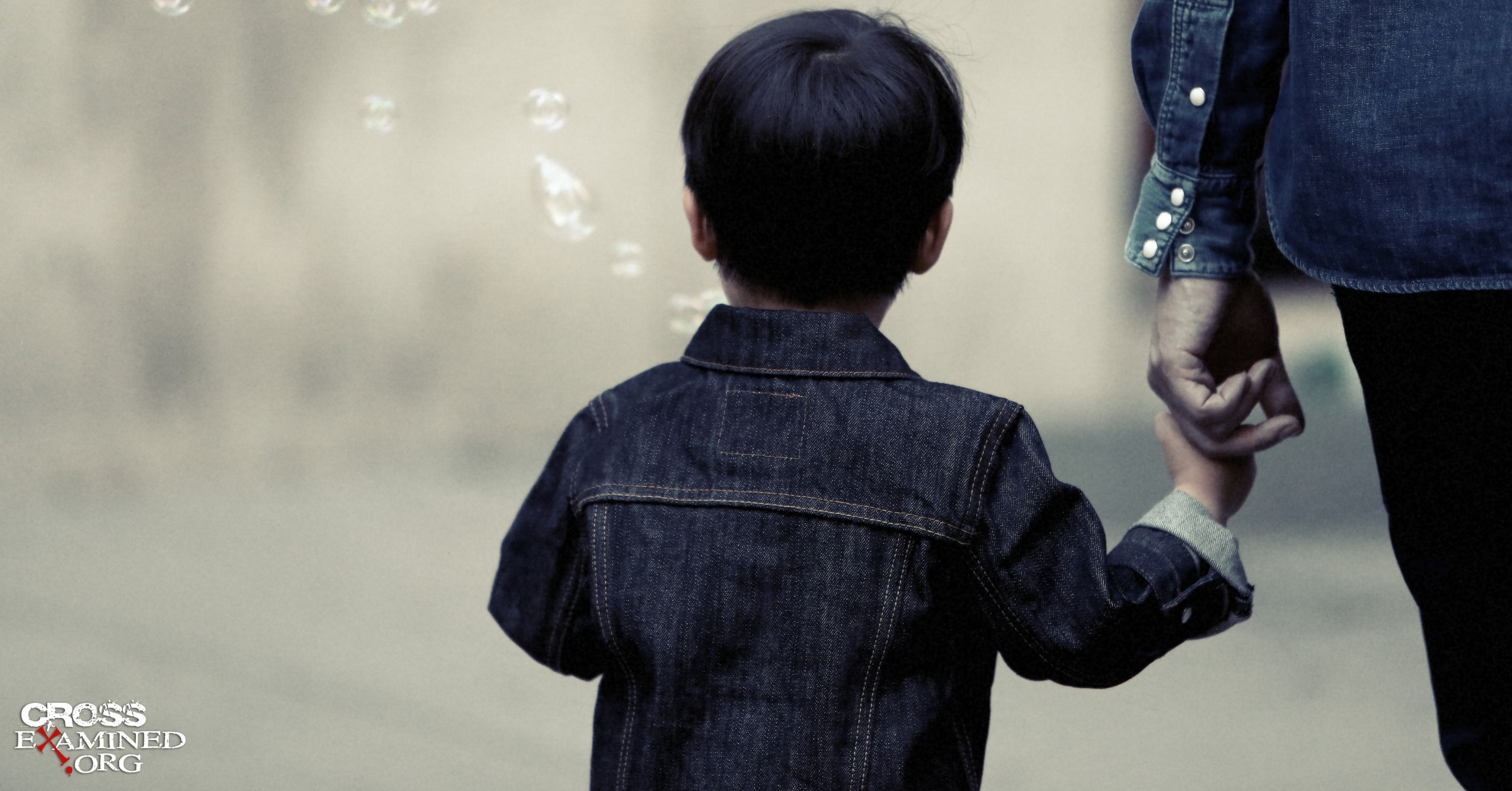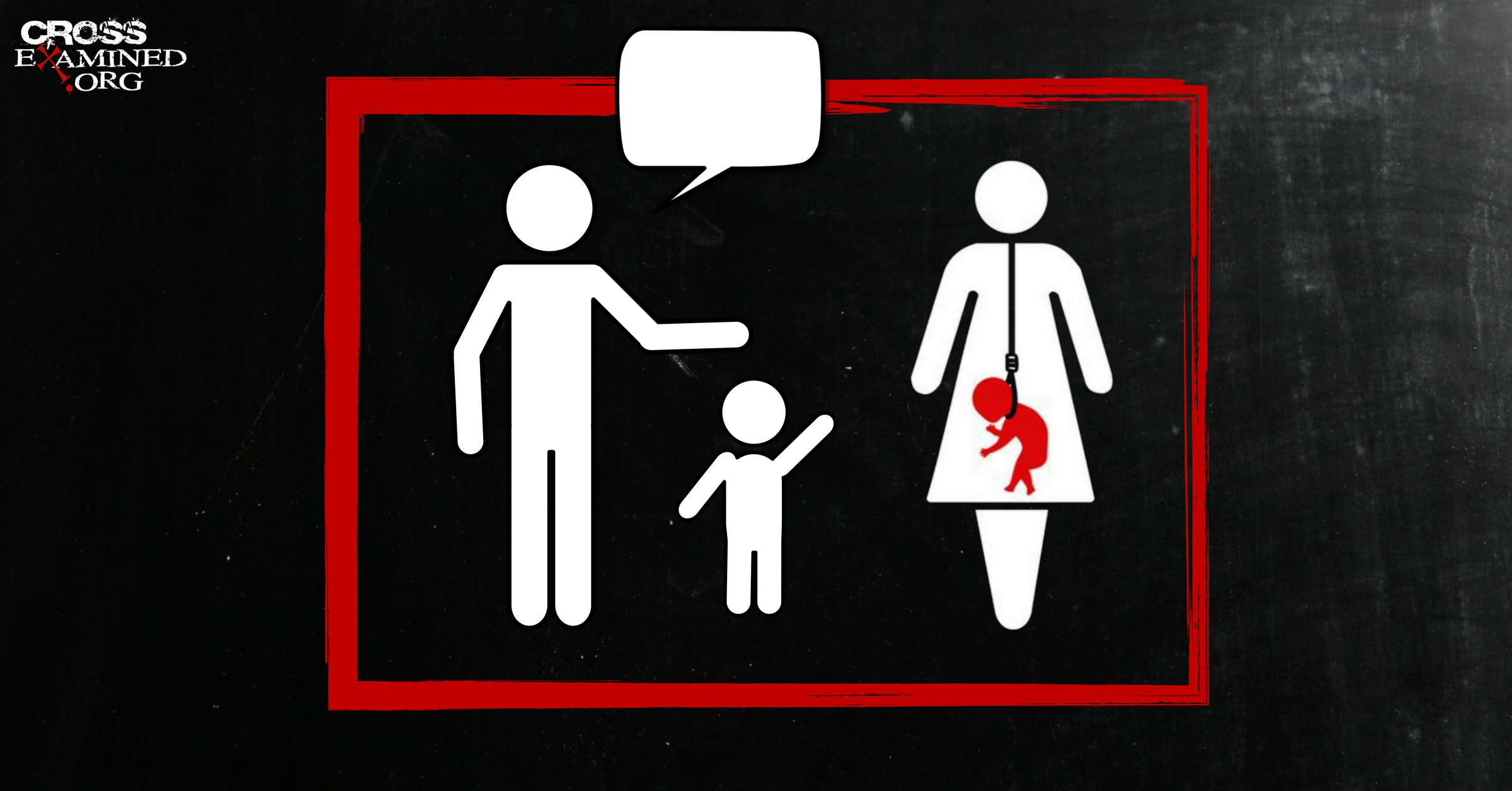If you are the mom of a soon-to-be-college freshman, hang on. You will survive! But the more important question might be: Will your child survive college. . . spiritually? Even if he or she has checked all the boxes associated with growing up in the church, there’s always the possibility that their faith will end up no more intact than the couch at the frat house. But rest assured, I have walked in your shoes. Twice. And I can happily say that my young men thrived in college and graduated, still walking with Christ. (Thank you, Jesus!) We know this isn’t true of all of our kids, though, and we’re not trying to make anyone feel bad; rather, we hope that these blogs will help prepare you for what’s to come as a parent of a college-aged child.
Here’s the thing: We moms are experts at ensuring dorm rooms are well-equipped, meal plans are sufficient, and laundry bags are ready. After all, we’ve been doing this for the last 18 years, right? Unfortunately, statistics and experience show that we are not doing as good a job as we thought we were in one key area: spiritual preparation for college.
It’s never too early to begin this prep work, but don’t get discouraged if you think it’s too late. It’s not. The summer months, in particular, are a great time to prepare while also having bonding time with your almost-adult child before you send him or her off.
It’s never too early to begin this prep work, but don’t get discouraged if you think it’s too late. It’s not. #collegeprep #discipleship Click To Tweet
This can be an emotional time, especially if you are sending your first fledgling out from the nest. The inner conflict of letting your baby go often competes against the inner celebration of more freedom for yourself and celebrating your job well done. You will, however, feel better after that last hug, knowing you wrapped your child in tactical armor to navigate the spiritual landmines ahead. So, what do you say? How about engaging in a summer spiritual boot camp for college prep?
In this blog, we’ll introduce you to the FIRE method of preparing your kids, and then follow up with more in-depth blogs describing how to accomplish each step. FIRE is an acronym that stands for faith, environmental, intellectual, and relational. These are the four most important areas of prep work to prioritize before sending your freshman off to orientation. Now, before you throw your hands up in despair or throw your face in a bowl of Ben & Jerry’s, ask God for help, hope, and discernment. He knows your child even better than you and is willing to show you what to accomplish before the first-year orientation week.
Now, before you throw your hands up in despair or throw your face in a bowl of Ben & Jerry’s, ask God for help, hope, and discernment.Click To Tweet
Foundation #1: FAITH Preparation
Basic Spiritual Disciplines: Develop or reinforce Bible study and prayer. While this sounds like a no-brainer, we must remind our kids that having the discipline of personal Bible study and personal prayer goes a long way toward helping them retain the faith. In fact, six spiritual disciplines have been identified as helping youth who graduate from youth ministry to not leave the faith. These all focus on making their faith personal and not program-based. But at a minimum: Bible Study and prayer!
The six areas we alluded to above are referred to as “H.A.B.I.T.S.”: Hanging out with God, Accountability (with peers and intergenerational relationships), Bible study, Involvement in the church body (through ministry and missions), Tithing/stewardship (not just financial), and Scripture memorization.[i] And by the way, modeling these disciplines is key. Your kids are watching to see if you practice what you preach. Consider this a spiritual meal plan. Your child will be ingesting enough “junk food” on their own from peers and professors. He or she is a big kid now. No more milk. Time for solid food (see 1 Corinthians 3:1-2). Help your child lay a foundation that will support their beliefs when (not if) the ground around them shakes them to their core.
Foundation #2: INTELLECTUAL Preparation
Apologetics and worldview training: Build confidence for the truth and evidence of Christianity and a biblical worldview through the study of apologetics. If you have been following Mama Bear Apologetics [or Crossexamined.org] already, you are well on your way. High five! If you’re new to us and apologetics in general, we’re here for you. How about a different sort of ACT review before campus — Apologetics College Training!
Apologetics is a form of discipleship that gives confidence to the Christian that their faith is a reasonable, viable, and trustworthy worldview. It helps answer the “why” behind the “what” of what we believe. Be aware of other worldviews beliefs, what questions all worldviews have to answer, and how Christianity does that. Your kid’s faith will NOT survive as a hand-me-down faith on the college campus. They need to try it on for themselves.
Your kid’s faith will NOT survive as a hand-me-down faith on the college campus. They need to try it on for themselves.Click To Tweet
Conversation training: Be ready for challenging conversations by training in tactics for defending the faith and bridge-building. Greg Koukl’s book, Tactics, is a great tutorial in having faith conversations calmly and respectfully. Our own Mama Bear Lindsey Medenwaldt’s book, Bridge-Building Apologetics, can help in this area as well.
Sharpen critical thinking skills: Can we admit that we, as a society, have almost completely lost the ability to think critically? Our kids are bombarded with information, but they do not know how to differentiate between the true and almost-true (or sometimes flat-out false!). The entertainment industry and its “professors” are two of the most influential worldview shapers our students will encounter. Does your child know how to spot logical fallacies? Do you? Merely familiarizing yourselves with these and discussing them as you encounter them in what you watch, read, and listen to will develop the brainpower to decipher false claims. And don’t forget to revisit or teach the Mama Bear ROAR method!
Discuss a biblical view of sexual ethics and why gender matters: These are two of the key issues facing the church today and may be the greatest moral issues on the college campus. Moral issues are a key way your child’s faith can be derailed in college. Help them stay on track through prayer and honest discussions. We’ll discuss this further in our breakout blog on Intellectual Preparation. To get you started, we recommend the Mama Bear Apologetics Guide to Sexuality. You might also be interested in our series about biblical sexuality on The John Ankerberg Show (a new episode drops each week this summer).
Foundation #3: RELATIONAL Preparation
Open communication: Create a healthy atmosphere, attitude, and action plan for doubts[ii] about faith and for potential moral failures. Create a checklist[iii] of things to ask when they call home or visit. I pray no parent will ever have to deal with their child seriously doubting their faith or even walking away from it, but I have talked to too many parents and heard too many stories of it happening to know that it is a reality. Make sure your child knows he or she can come to you with their doubts and questions. And in the meantime, prepare yourself for responses if tough situations arise. Foster an atmosphere where their moral failures are not shamed but dealt with lovingly and biblically so that they will not hide them but confess them and be led to repent.
Foster an atmosphere where their moral failures are not shamed but dealt with lovingly and biblically so that they will not hide them but confess them and be led to repent. Click To Tweet
Pray: No, really. Start or join a Moms in Prayer group for moms of college kids. This benefits your child, the campus, and you! This is the only “approved” way to “go to college with” your baby. (Be honest, there’s a part of you who wants to.) Praying for your college child and the campus is one of the most intentional, strategic things you can do. If your child is open to it, it also can foster communication between you two as you ask how you can be praying for him in your weekly group prayer time. A great resource to begin with is our Honest Prayers book.
Foundation #4: ENVIRONMENTAL Preparation
Campus ministry and college church connections: Did you know your student can have a game plan for church and campus ministry involvement before they ever set foot on campus? This can be done with your own research or the help of ministries like Every Student Sent or Ratio Christi. According to Mark Whitt at Lifeway, your child’s involvement with a local church and campus ministry during the first two weeks of college is crucial to her spiritual health.
Additionally, maintaining intergenerational relationships at a local church bolsters faith and makes it more “sticky” down the road. Keep in mind that a campus ministry and a nearby campus church are not substitutes for one another. They play different roles in your student’s life. If a child has the foundational prep we mentioned above, it will be a natural transition to look for and attend a local church as well as a campus ministry. Have your student talk to returning college students at their home church about the campus ministries they are involved in.
Home church engagement: Do what you can to foster engagement between your home church and your student, both when they are at school and when they return home on breaks. Once they graduate from the youth group, encourage them to move on to a small group at your church. Does your church have a college group they can attend when they are home? As a young adult, can they move into a singles/young adult small group? Also, consider encouraging senior adults to “adopt” students while they are at college and foster ongoing contact through notes and care packages (because college students love snacks!).
The campus buzz: Know the latest issues on public and private campuses. These issues may catch your student off guard if they are not familiar with them and ready to respond. What is the spiritual, social, and political climate like on their college campus? Even a Christian college needs to be carefully vetted. What are the major events on the campus — for example, do they have a Sex Week? What does their student government support? What is their DEI policy? Are campus ministries allowed to meet on campus?
The Bottom Line
Reality check: If it’s June when you’re reading this, you’ve got about two months to prepare if you have a soon-to-be freshman. [Editor’s Note: If it’s August already, well, better late than never!] You can do it! As our mama bear-in-chief, Hillary, always says, “We’re all in this together.” Grab your spouse, a friend, and God, and go do this. If your child is headed to college in the not-too-distant future, consider this your Spiritual College Prep Guide. If your kid is already in college, you can still put many of these pointers into practice. Take this just as seriously, if not more so, as AP classes, building the resume, campus visits, applying for scholarships, and College Board exam prep.
Intentional spiritual preparation will go a long way toward helping all our college students leave campus without leaving their faith behind. Stay tuned for our next blog in this series – a deeper look into faith-based preparation. For now, tell us in the comments how you and your kids are getting ready for college.
Intentional spiritual preparation will go a long way toward helping all our college students leave campus without leaving their faith behind. Click To Tweet
(NOTE: This blog series originally appeared in 2016. Since then, the warp speed at which culture has accelerated in reaching even the youngest of children demands we start early in our training, just as the Mama Bear books have taught. Use our suggestions now for prep right before college if it applies to your family, but start this as early as possible with your younger children.)
References:
[i] These HABITS were originally found in Doug Fields, Purpose-Driven® Youth Ministry (Zondervan, 1998).
[ii] Over half of teens and adults (so, the U.S. general population ages 13+) report that they’ve experienced doubts about their religious beliefs at least sometimes (12% frequently, 16% occasionally, 24% sometimes) in the past few years. Similarly, exactly half of those who are Christian or who have some Christian background or experience (50%) say they have gone through a “prolonged” period of doubt. Barna, “What Do We Do with Doubt?” February 28, 2023. Read an excerpt here: https://www.barna.com/research/doubt-faith/.
[iii] For Gen Z, the top four causes for their doubt are: human suffering, hypocrisy of religious people, science, and conflict in the world. Barna. See excerpt here: https://www.barna.com/research/doubt-faith/.
Recommended Resources:
I Don’t Have Enough Faith to Be an Atheist (Paperback), and (Sermon) by Norman Geisler and Frank Turek
Stealing From God by Dr. Frank Turek (Book, 10-Part DVD Set, STUDENT Study Guide, TEACHER Study Guide)
Tactics: A Game Plan for Discussing Your Christian Convictions by Greg Koukl (Book)
Counter Culture Christian: Is the Bible True? by Frank Turek (Mp3), (Mp4), and (DVD)
Julie Loos combined her passion for prayer and apologetics in her contributions to three Mama Bear Apologetics books. Her apologetics training came from campus ministry and certificates from Biola University and the Crossexamined Instructors Academy. Julie has been teaching, writing, and speaking on prayer for Moms in Prayer International for more than 23 years. She lives in Missouri with her husband, Todd, has two married sons, two grandchildren, and enjoys working out, Bible study, chocolate, coffee, and deep conversations.
Originally posted at: https://bit.ly/4lkzbDe













 http://bit.ly/2aNRP7F
http://bit.ly/2aNRP7F http://bit.ly/2aNSVjW
http://bit.ly/2aNSVjW